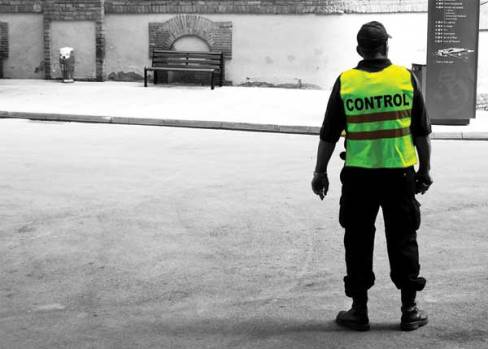Councils in New South Wales accused of going soft on illegal boarding houses and hostels have heavily backed a push by the state’s planning minister Pru Goward to change laws so that electricity supplies can be cut-off from premises flouting occupancy and fire safety regulations.
Local Government NSW, the state’s peak body for councils, says it wants to work proactively with the state government to find ways of more quickly shutting down overcrowded illegal premises that offer dormitory-style accommodation to low-income earners and backpackers priced-out of more conventional accommodation.
“I applaud Minister Goward’s direct-action approach and her suggestion of cutting off power to premises operating as illegal boarding houses or backpacker hostels,” said LGNSW president Keith Rhoades.
“Unfortunately councils do not have enforcement powers to that extent and are required to follow state government legislation when dealing with these matters.”
Local governments in NSW, especially the City of Sydney and other inner-metropolitan councils, have been under sustained fire from sections of the tabloid media over the supposed proliferation of squalid illegal hostels that flout most regulations governing commercial accommodation.
However councils argue that a major part of their problem is that they just don’t have the necessary powers to quickly stamp-out rogue operators who then keep moving around after action is taken against them.
“While councils do have powers to identify and take legal action, these regulatory processes can take time as they require councils to undertake various bureaucratic steps, such as serving of Orders,” Mr Rhoades said.
“Councils can’t simply barge into a premise suspected of being an illegal boarding house or the likes and shut it down.”
Councils also say they would “greatly welcome” increased powers to crack down on “illegal housing situations” and are happy to talk through the issue with Ms Goward.
But the heights to which hostel-related incidents, particularly fires, are being propelled by some parts of the media have government authorities scratching their heads.
One headline in a Sydney newspaper on Thursday managed to confuse a hostel that had burned down in the suburb of Concord with “fire engulfs Concord hospital”.
Ironically, Concord Hospital has earned a reputation as the leading Australian hospital specialising in burns treatment. It has not burned down.
Local Government NSW also says that it’s important to differentiate between illegal hostels and low-cost accommodation options like boarding houses that are registered and approved by councils and subject to regulations.
Some Sydney councils have sought to protect low-cost accommodation like registered and approved boarding houses. Many boarding houses are often in large, older houses like grand terraces and one option used is the prevention of strata subdivision that would make such properties lucrative targets for developers.
Despite the efforts of some councils to retain low-cost accommodation in their boundaries, sharply climbing rents in Sydney coupled with increased demand for housing close to the inner-city have ultimately priced many income constrained single renters onto the shadow secondary market.
If the shadow housing market is largely eliminated, Mr Rhoades cautioned that real thought needed to be given to where the people now occupying illegal hostels will end up.
“If changes are being proposed on how to deal with suspected illegal boarding houses and backpacker hostels, consideration needs to be given to the significant reasons people are forced to resort to illegal housing, and where they will be relocated once their residence has been shut down,” he said.
Comment below to have your say on this story.
If you have a news story or tip-off, get in touch at editorial@governmentnews.com.au.
Sign up to the Government News newsletter
Most read
Scathing report finds little has changed at PwC
Inquiry to consider how federal govt can address councils’ sustainability issues
Qld council welcomes progress on massive battery system
‘Local’ procurement turns out not to be so local, committee hears
Another report finds local government falling down on cyber security



